From CTV News Montreal by Daniel J Rowe January 30 2023
Some Indigenous communities in Quebec that are patrolled by provincial police say the established system does not fully meet security needs and needs improvement.
Constable Kyle Zachary has served his community as a Kahnawake Peacekeeper for 15 years.
Like almost every peacekeeper in the Kanien’kehá:ka (Mohawk) community on Montreal’s South, Zachary was born and raised in Kahnawake.
“The safety of our community takes a priority. It’s important to us, you know, it’s not just the job, which could be the case and other police services,” he said. “There’s definitely a deeper connection with a peacekeeper to the community than there would I think there would be for an SQ officer anywhere else.”
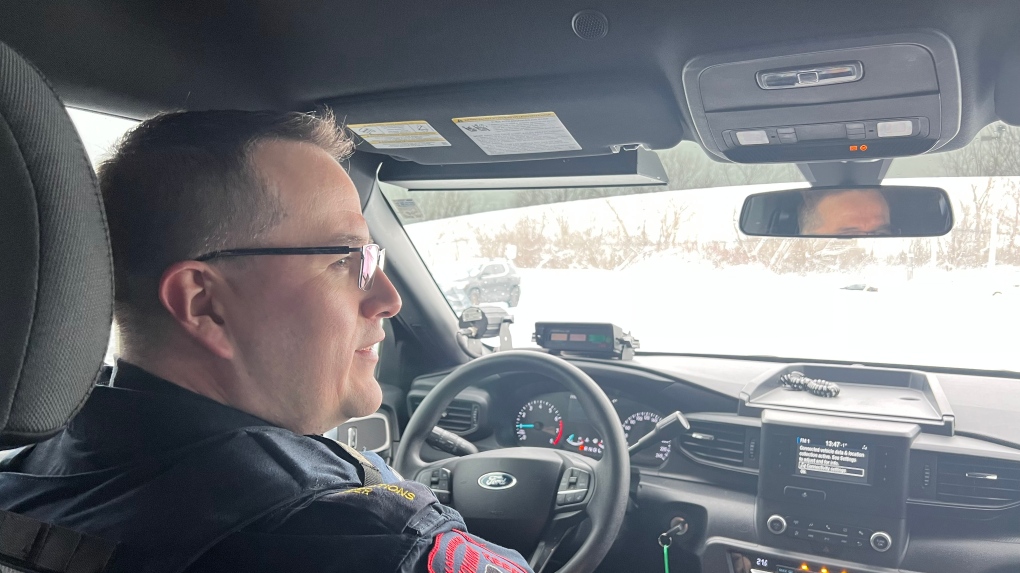 Kahnawake peacekeeper Constable Kyle Zachary. (CTV News/Daniel Rowe)
Kahnawake peacekeeper Constable Kyle Zachary. (CTV News/Daniel Rowe)
In Quebec, 23 Indigenous communities have their own police services. Eleven are patrolled by the Surete du Quebec.
One of those is Kanesatake, Kahnawake’s sister Kanien’kehá:ka community about an hour northwest of Montreal.
Mohawk Council grand chief Victor Bonspille is one of those Indigenous leaders who does not think the established system works.
“It’s very difficult, it’s very frustrating, and it’s scary because we can’t rely on the Surete du Quebec, SQ, even though they were put here to patrol Kanesatake in the aftermath of the Oka Crisis, but they don’t,” he said.
Kanesatake established a Perimeter Security Unit that works with the SQ, which has improved some situations.
For major crimes and traffic, however, the SQ has jurisdiction and Bonspille said they take far too long to respond to calls and they leave very quickly.
“The SQ station is six kilometres away from us, right where we are from the band office, and for some instances, it takes them three or four hours to respond. Why?” he said.
He said the growing number of cannabis stores has attracted increased traffic and crime from outside the community, and it has become unsafe.
When CTV News was leaving Kanesatake, multiple men charged at the news truck, and one ran across the main highway and punched a hole in the rear window.
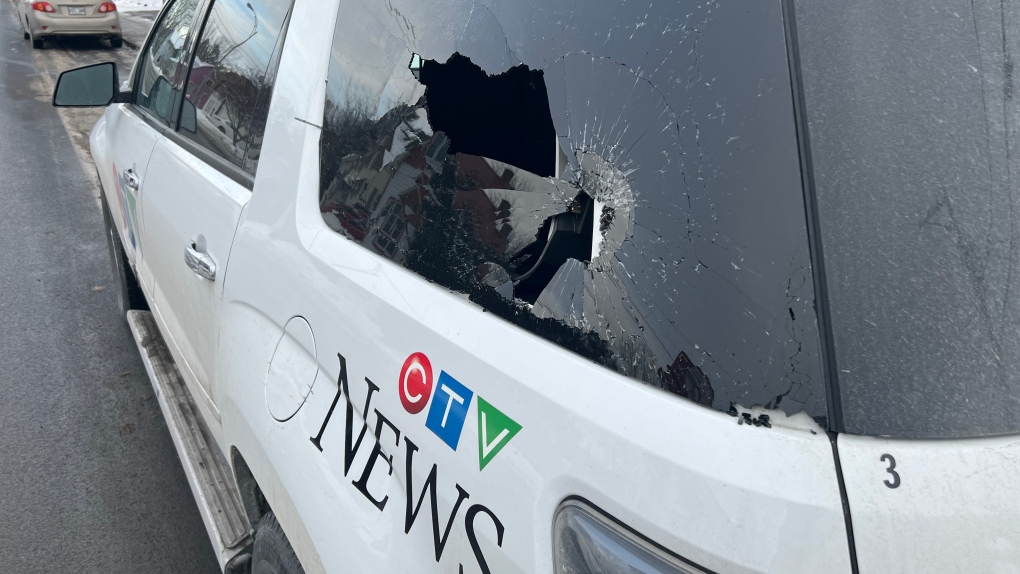 A group of men in Kanestake charged at a CTV News Montreal van and broke a window on Jan. 17, 2023. (CTV News/Daniel Rowe)
A group of men in Kanestake charged at a CTV News Montreal van and broke a window on Jan. 17, 2023. (CTV News/Daniel Rowe)
“I’ve told them, it’s the Wild West here, it’s ridiculous. With all these outsiders coming here for the cannabis and other activities going on here, we need patrolling, we need security,” said Bonspille.
The SQ told CTV News that the force is concerned with “developing preventive and partnership approaches, a need clearly expressed by the Indigenous clientele it serves.”
The SQ said it is facing a shortage of manpower, like many police forces, which does cause difficulty in patrols.
“The Sûreté du Québec is particularly concerned with training its personnel to the particularities of the Indigenous clientele,” SQ spokesperson Ann Mathieu said. “Civilian and police members benefit from a comprehensive training program on Indigenous issues that allows all members to contribute to the efforts to achieve cultural security and autonomy required by this clientele.”
Former head of the First Nations Chiefs of police association Dwayne Zacharie, said many Indigenous communities in Canada feel the same way as Kanesatake does about outside police forces.
“For the vast majority, and as you’re hearing a lot now, it doesn’t work for them… In some instances, some First Nations communities don’t want the RCMP, the OPP or the SQ providing services in their community,” he said.
The reason is rooted in history.
“There was a time when police services were used to take children away to force them into residential schools, there’s a trauma associated with that, and there’s a mistrust, and some of those services haven’t done a good job of trying to rebuild that trust at all.”
The Viens commission and a recent Quebec Court of Appeals case highlighted serious issues Indigenous communities in Quebec have had with police in the past, such as the RCMP and SQ mass slaughter of sled dogs in Nunavik in the late 1950s and the alleged multiple sexual assaults in Val d’Or which led to the commission.
“There is no doubt that this is a fundamental fact of the present case, which explains the need, indeed the urgency, for First Nations to establish and manage their own police forces and which the respondents [Quebec] cannot ignore when they commit themselves to assisting First Nations,” reads Court of Appeals Justice Marie-France Bich’s Dec. 15 decision in favour of the Pekuakamiulnuatsh Takuhikan community.
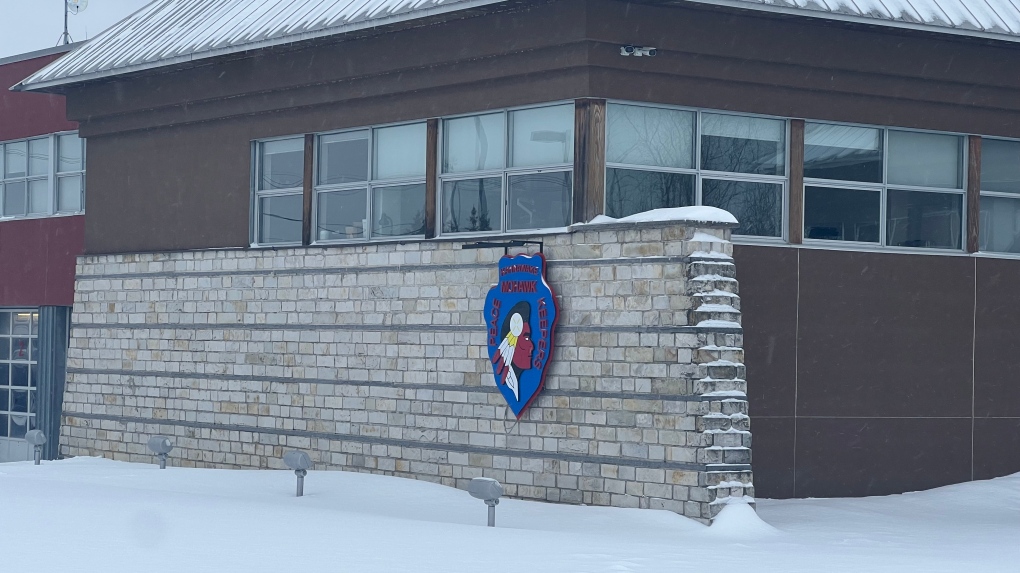 The Kahnawake Peacekeepers station. (CTV News/Daniel Rowe)
The Kahnawake Peacekeepers station. (CTV News/Daniel Rowe)
The Quebec Ministry of Public Safety told CTV News in an email that the force continues to work with the Assembly of First Nations Quebec Labrador (AFNQL) and the First Nations and Inuit Police Directors Association of Quebec (ADPPNIQ) to “achieve the shared objectives of sustainability, resiliency and strengthening of Aboriginal Police Services (APS).
The ministry is currently conducting a review of Indigenous police services in their communities to see what can be improved.
In Kanestake and Kahnawake, many residents have vivid memories of the summer of 1990, when SQ officers stormed protesters in the Pines, sparking the Oka Crisis.
“It left deep scars. We’re still healing from that. Our community and people who were involved, families and young kids who were just five, six years old at the time who are now adults, they remember. That’s how much it was embedded in their memory and in their minds that day,” said Bonspille.
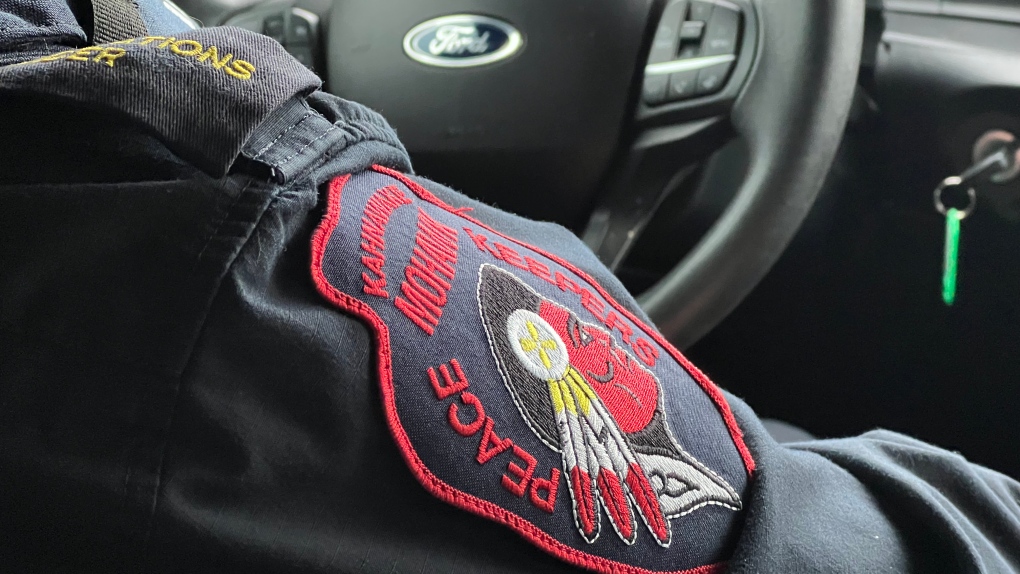
An embroidered patch is shown on a Kahnawake peacekeeper’s uniform. (CTV News/Daniel Rowe)


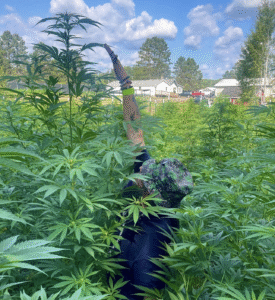

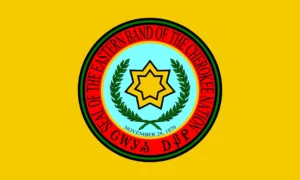
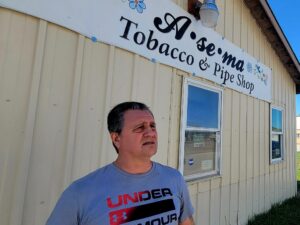

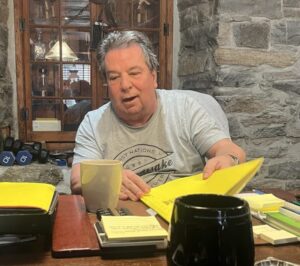


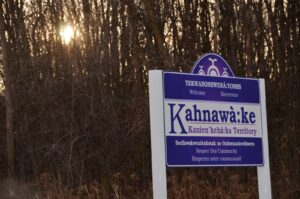
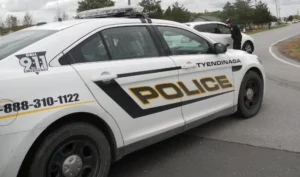


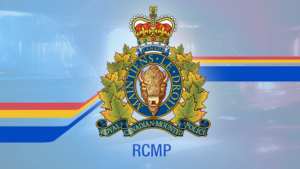
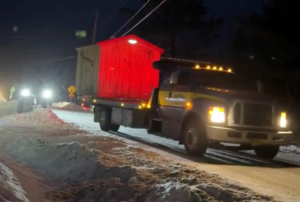
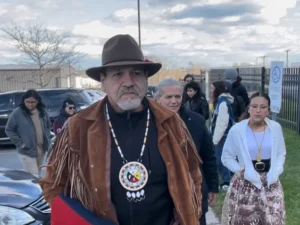
Comments are closed.